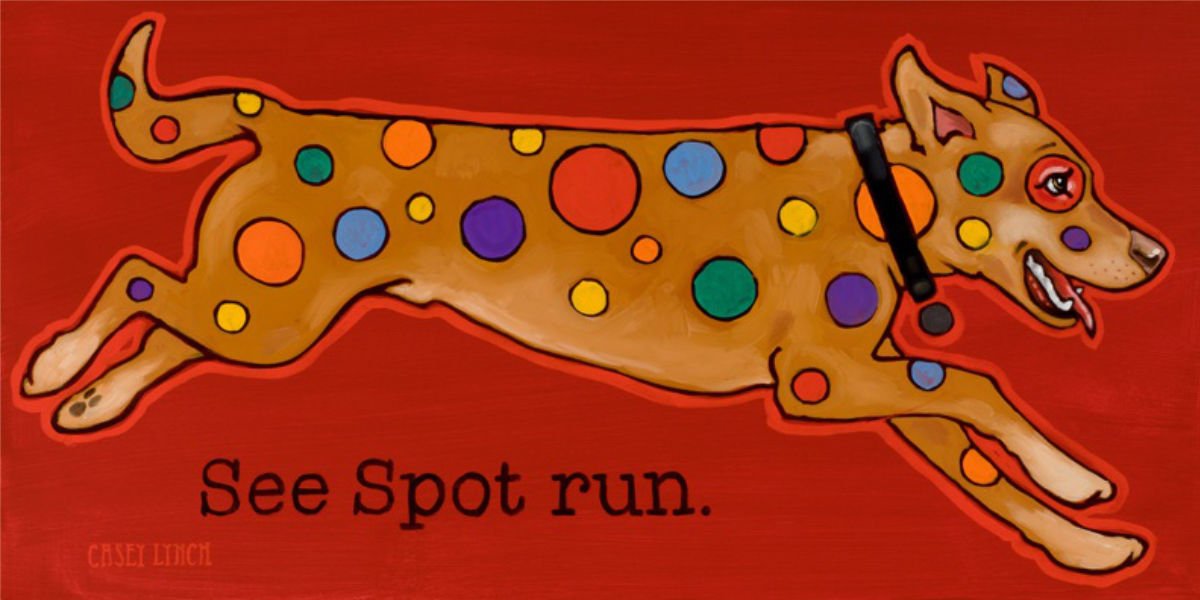When writing cover letters and resumes, words mean things.
Diligent. Trustworthy. Reliable. Dynamic. Enterprising. Professional. Detail-oriented. Organized. Enthusiastic. Passionate. Creative.
Recognize these words, or words like them, from your resume or the resume of others?
I have some simple and direct advice about including these words in your job-hunting materials: Stop it. Stop it now. I’m serious.
What do these words have in common? They’re all adjectives. And what else do they have in common? They don’t give your prospective employer any useful information.
So you think that you’re a hard worker and detail oriented? Good for you. But just using those words doesn’t magically communicate that truth to your prospective boss. They’re just words on a page, with nothing to back them up. In fact, they probably have the opposite effect – too many adjectives, and the prospective employer is likely to think that you don’t have much to offer. What they want and need to know, as always, is: what can you *do* for them? What can you accomplish? What have you accomplished?
What words communicate accomplishment? Verbs.
Developed. Created. Managed. Saved. Organized. Planned. Taught. Designed. Implemented.
These are the words that can get you hired, because they represent tangible, verifiable, real-world examples of what you have done, not who you think you are.
Again with the tough love: they don’t care who you think you are – only what you can do for them.
Of course, you need to follow up those words with concise, evocative phrases that tell exactly what you developed or created or managed. Otherwise, verbs won’t have much more impact than the hated adjectives. Remember “Show, Don’t Tell”? That’s what I’m talking about.
A brief recap: be specific, and include as many relevant details as possible. More details about your best project is much better use of space than vague platitudes about five projects. Relevant numbers, especially involving money, are a plus.
So here’s your homework for today: make an editing pass through your current resume, highlighting all the adjectives. Then find a way to convert those adjectives into verbs. “Detail-oriented” can become something like “Rewrote six regional employee handbooks and redesigned accompanying forms.” “Organized” can morph into “Coordinated planning of 12 industry conferences over five years.” Make sure your examples are relevant to the job you’re applying for.
Do that, and you’ll be one step closer to convincing your prospective employer that *not* to hire you would be a mistake.

Leave a Reply